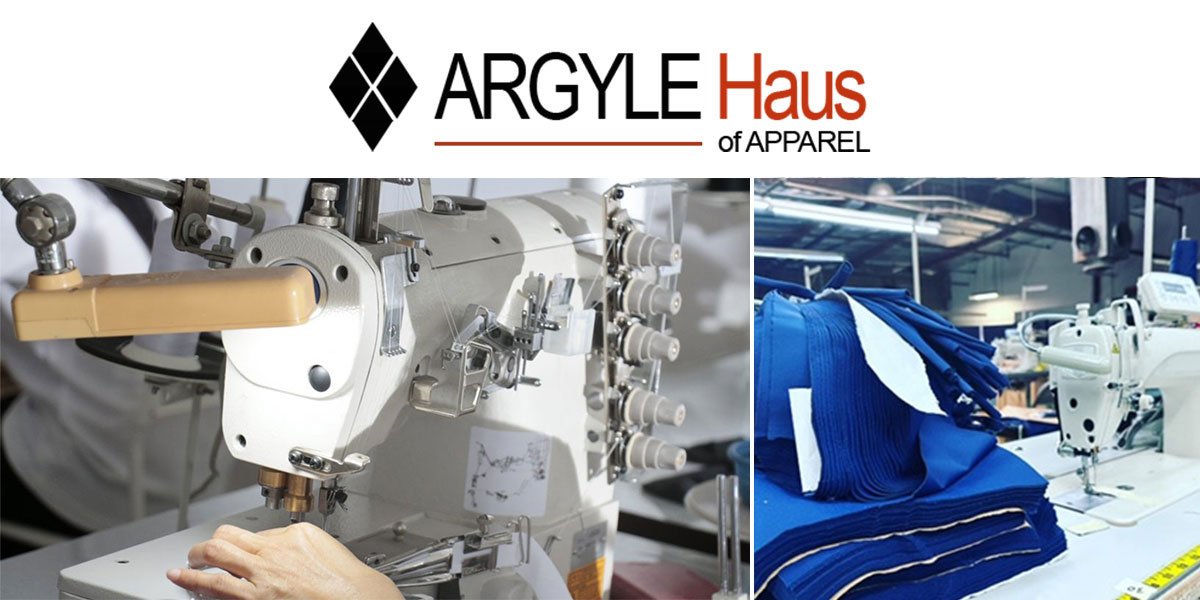A Step-by-Step Plan for Clothing Startups
Introduction:
In a world increasingly defined by digitalization, e-commerce has emerged as a powerful avenue for entrepreneurs looking to launch clothing startups brand. The rise of online shopping, driven by evolving consumer preferences, technological advancements, and changing market dynamics, has created exciting opportunities for fashion startups. In this article, we’ll delve into the promising future of the e-commerce industry as it relates specifically to clothing and apparel, providing valuable insights for aspiring fashion entrepreneurs.
According to Grand View Research, the global e-commerce apparel market was worth $553.1 billion in 2021 and is set to grow at an annual rate of 8.6% from 2022 to 2030. This growth is driven by increased demand for apparel in regions like Europe and North America, changing fashion trends, a rising number of working women, and higher disposable income. Additionally, product innovations, improved living standards, and celebrity and social media influence will further boost the e-commerce apparel market during this period.

1. The E-Commerce Revolution:
E-commerce has transformed the way consumers shop, making it more convenient and accessible. With global online sales continuously on the rise, there’s never been a better time to enter the digital fashion marketplace. As an entrepreneur, understanding this transformation is essential for your clothing startups success.
2. Consumer Behavior Shifts:
Consumers today are increasingly inclined to shop online for clothing and apparel. The ease of browsing and making purchases from the comfort of their homes, along with the ability to access a wide variety of products, drives this trend. Understanding these changing consumer behaviors is vital for tailoring your fashion brand’s e-commerce strategy.
3. Personalization and AI:
The future of e-commerce in fashion is closely linked to personalization. Utilizing Artificial Intelligence (AI) and machine learning, brands can analyze customer data to offer personalized product recommendations, improving user experiences and increasing conversions. Implementing AI-driven tools can set your clothing brand apart in the online market.
4. Sustainability and Ethical Practices:
Eco-conscious consumers are becoming more prevalent. Clothing startups need to incorporate sustainability into their business models. Sustainable fashion practices, from sourcing materials to manufacturing and packaging, can be a key selling point for e-commerce brands.
5. Mobile Commerce:
The smartphone has become the primary shopping device for many consumers. A mobile-optimized website and a seamless shopping app can significantly impact your brand’s success. Ensure your e-commerce platform is mobile-friendly to tap into this growing market.
6. Augmented Reality (AR) and Virtual Try-Ons:
The future of e-commerce in clothing will likely involve AR and virtual try-ons. These technologies allow customers to virtually try on clothes, providing a more immersive shopping experience. Integrating AR features into your e-commerce platform can boost customer engagement and reduce return rates.
7. Social Commerce:
Social media platforms have become powerful tools for fashion startups. Leveraging platforms like Instagram, Facebook, and TikTok for direct sales and brand promotion can be a game-changer. A strong social media presence and effective marketing strategies are key components of e-commerce success.
8. Supply Chain Efficiency:
Efficient supply chains are crucial in the e-commerce fashion industry. Startups must work on streamlining logistics, reducing lead times, and offering prompt delivery options to stay competitive.
9. Data-Driven Decision-Making:
Data analytics can provide valuable insights into customer preferences, market trends, and operational efficiency. Using data to inform decisions can lead to more successful e-commerce operations.
10. Competitive Landscape:
The e-commerce clothing market is highly competitive. It’s important to conduct a thorough analysis of your competitors, identifying gaps in the market and unique selling points that can set your brand apart.
Conclusion:
The future growth of the e-commerce industry in clothing and apparel is full of promise, but it’s also marked by challenges. To succeed as a fashion and clothing startups entrepreneur, it’s essential to understand the evolving landscape and embrace technological advancements, sustainability, and changing consumer preferences. By staying informed and adapting to these trends, your clothing brand can thrive in the ever-expanding digital marketplace.
Starting an e-commerce clothing brand is an exciting journey, and it’s vital to partner with a fashion design company that understands the nuances of online retail. If you’re ready to take the leap into the world of e-commerce fashion, we’re here to help you bring your vision to life. Contact us to start your journey toward a successful online clothing brand today.






